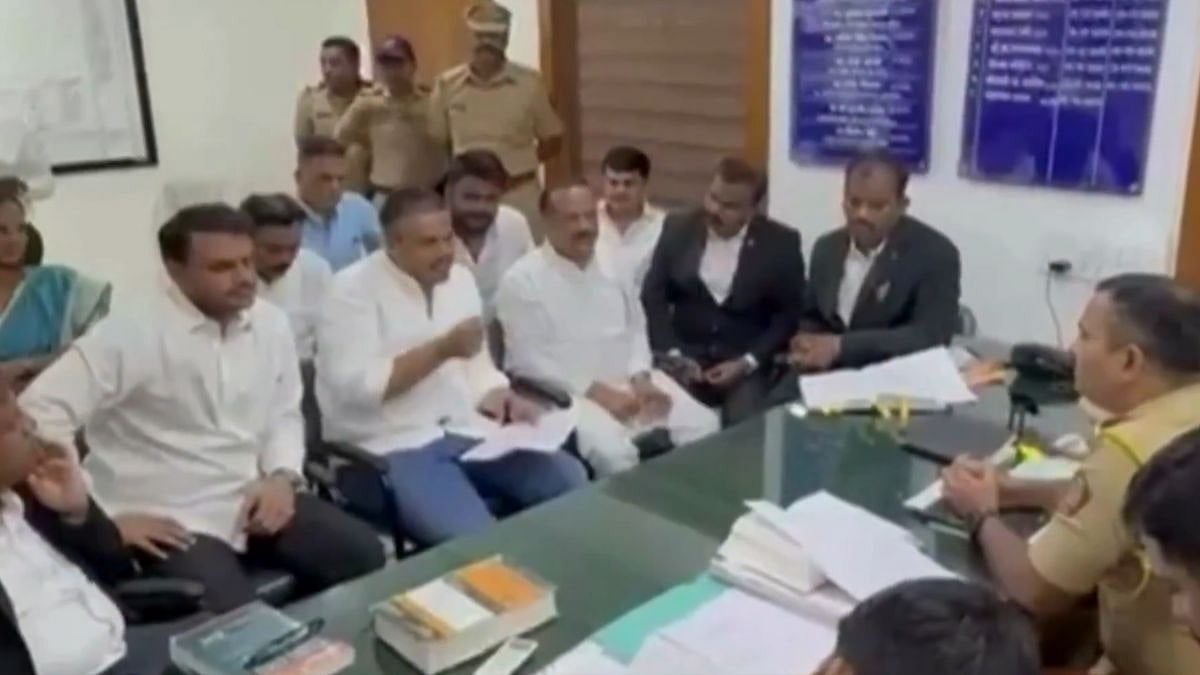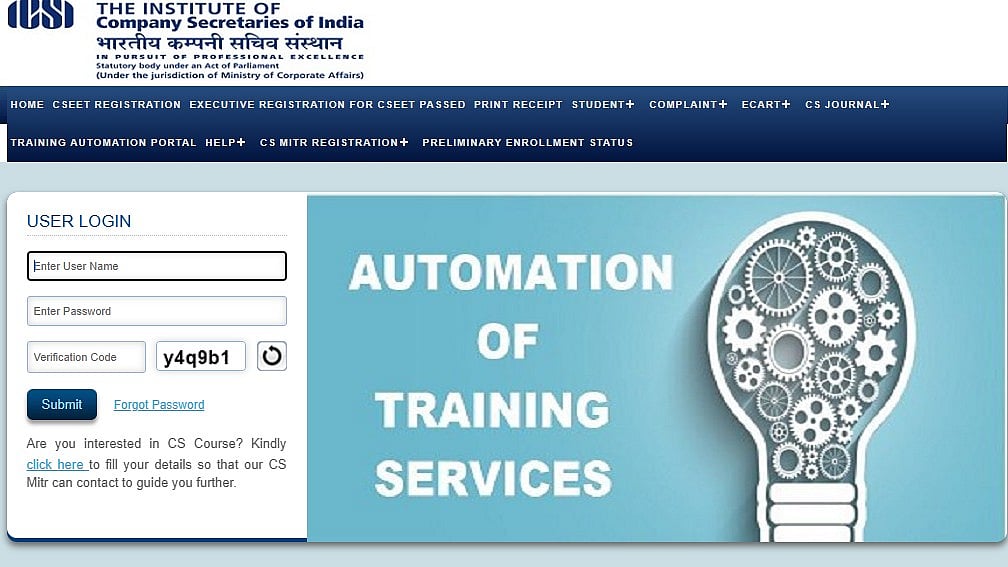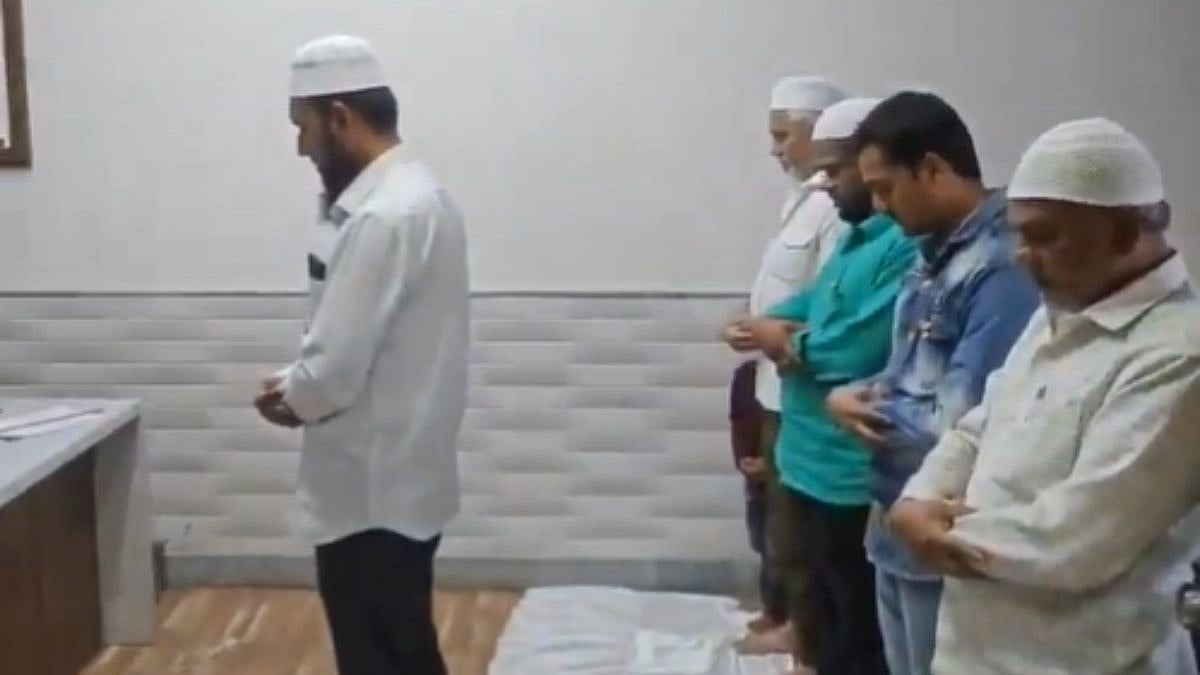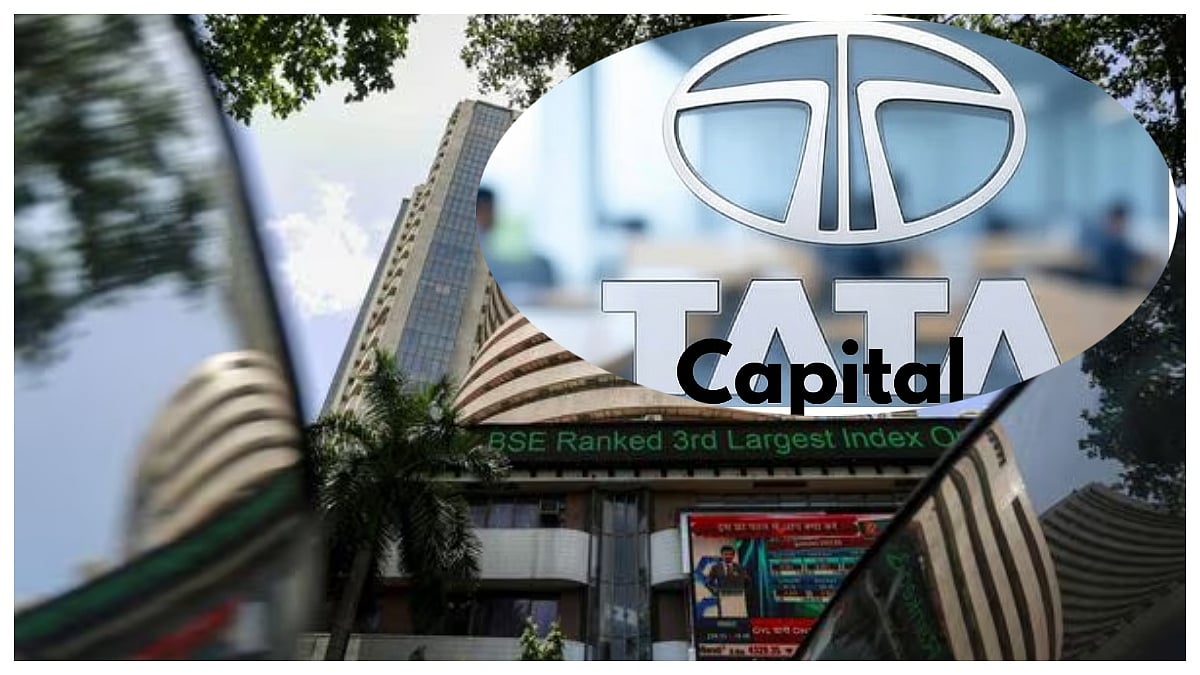Even as Cricket T-20 World Cup season begins, Jay Shah, son of the powerful Home Minister and secretary of the Board of Control for Cricket in India (BCCI), created a stir speculating that India may not visit Pakistan for the next Asia Cup there. Pakistan immediately invoked the International Cricket Conference (ICC) rules.
The larger question arises about the sustainability of India simply boycotting Pakistan until it matches our expectations about controlling its terror and jihadi enterprises, especially those targeting India. The 2019 abrogation of Article 370 of the Indian Constitution, and division and downgrading of the components of the erstwhile state of Jammu and Kashmir into two union territories, created a new hurdle in India-Pakistan relations. India maintains that how India deals with its states is an internal matter. Pakistan naturally disagrees, as did China. It can be argued that the Galwan confrontation at the Line of Actual Control (LAC) in 2020 was perhaps provoked by India’s Constitutional changes. Restoration of status quo ante is the new Pakistani precondition for normalisation and talks.
Two years of global distraction by Covid seemed to create an impression that the world was unconcerned by the 2019 Article 370 abrogation and Pakistan’s outcry. Different signals have emerged of late. The killing of Al Qaeda chief Ayman al-Zawahiri in a US drone attack in July in Afghanistan raised the suspicion of Pakistani assistance, at the very least overflight permission to the drone. Intelligence sharing could not be ruled out. Pakistan’s deep state knows that nothing pleases a mid-term election-bound US administration more than a good most-wanted scalp delivered on a platter.
US Ambassador to Pakistan Donald Blome undertook a three-day trip to Pakistan Occupied Kashmir (POK) from October 2 to 4. Pakistan calls that part of the erstwhile Kingdom of Kashmir as Azad Jammu and Kashmir (AJK) or often just Azad Kashmir. According to the US Embassy the visit was to promote “US-Pakistan partnership”. But what ruffled Indian feathers was the reference in the same statement to the area as AJK, eliciting hurrahs from Pakistan. Furthermore, the US Embassy’s statement added that “While in Muzaffarabad, the Ambassador also visited the Quaid-e-Azam Memorial Dak Bungalow, the Red Fort, and the Jalalabad Garden, symbols of the cultural and historical richness of Pakistan.” The envoy also met high-ranking military officials and discussed assistance to people of the region.
This restoration of warmth to US-Pak relations has been ongoing since Prime Minister Imran Khan was replaced by Shehbaz Sharif in April. The new foreign minister Bilawal Bhutto Zardari spoke to US Secretary of State Antony Blinken soon after assuming office, and the two met in New York in May, before the Pakistani minister went to China. On July 31 al-Zawahiri was killed. On September 7 the US State Department informed the US Senate of their intent to extend to Pakistan a 450-million-dollar sustenance package for their F-16 fighter fleet. Following this the two dignitaries met again in the US in September, where Mr Zardari was attending the UN General Assembly. According to the state department’s spokesman Ned Price the US announced $ 56.6 millions for flood relief besides $ 10 million for food security. The statement concluded that the two nations sought cooperation over “food security, economic prosperity, regional stability and Afghanistan”. The third word should have warned India about what followed.
The day after Ambassador Blome’s visit to AJK the German Foreign Minister Annalena Baerbock picked up the Kashmir narrative in her joint press conference with her Pakistani counterpart Mr Zardari. She said Germany supports “intensively the engagement of the United Nations to find peaceful resolutions in the region”. This was music to Pakistani ears as it negated the Indian argument that after India’s constitutional rejig the Jammu and Kashmir issue stood resolved. Only the AJK part needed liberating.
Did Indian diplomacy fail? After all, much has been made of strategic partnership with the US. But diplomacy can only succeed when the geo-political context matches it. The US on October 12 released its National Security Strategy, after interim guidance in March 2021. President Joe Biden in his introductory remarks warns “autocrats” i.e., China and Russia, that the US is prepared to fight back on behalf of democracies and counter those who “undermine democracy and export a model of governance marked by repression at home and coercion abroad”.
Indian diplomacy will fall short when India sits on the fence on the Russian war imposed on Ukraine, rejects US-led 14-nation trade groupings like the Indo-Pacific Economic Framework (IPEF) and unilaterally declares the Kashmir issue resolved sans engagement with Pakistan. Geopolitics abhors static strategies. To avoid getting outflanked India must bring its domestic politics in line with its international needs and not the reverse. The Indian government must rethink its approach to Jammu and Kashmir and the efficacy of polarising domestic politics. Former Chief Minister Farooq Abdullah correctly noted that terrorism cannot be eliminated without engaging Pakistan.
The writer is former secretary, Ministry of External Affairs




